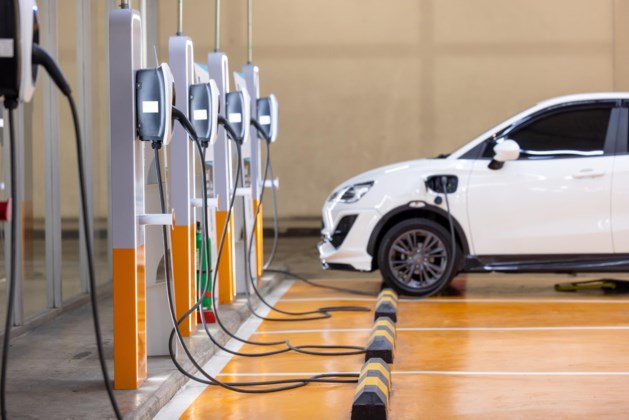© Shutterstock
The number of charging points and fast chargers in Belgium has grown faster in the past year than the European average and than in our neighboring countries. Mobility organization Touring reported this on Monday based on figures from the European Alternative Fuels Observatory (EAFO).
In one year, the number of charging points in our country has almost doubled: from 23,508 in 2022 to 44,363 in 2023 (+89 percent). This means that Belgium scores much better than the average for the EU, Iceland, Liechtenstein, Norway, Turkey, the United Kingdom and Switzerland (or EU+) (+38 percent). Growth in our neighboring countries (Germany +44 percent, France +43 percent and the Netherlands +27 percent) is also much lower.
Belgium also recorded the largest increase last year in the field of fast chargers of more than 50 kW: from 813 to 2,328 (+186 percent). For the entire EU+ this amounted to +85 percent, in our neighboring countries there were increases of 153 percent (France), 76 percent (Germany) and 45 percent (Netherlands) respectively.
This means that there are now 66.91 electric cars on the road in Belgium per DC fast charger. Of our neighboring countries, only Germany, albeit narrowly, and France score better.
If we look at the number of electric vehicles per charging station, the ratio in our country is 3.51 and we are only ahead of the Netherlands with 3.06.
Distorted picture
Touring warns that these are global Belgian figures that provide a distorted picture “because in terms of charging infrastructure there is a huge difference between the north and the south” of the country. For example, according to figures from the VBO and Febiac, Wallonia has five to six times fewer charging points than Flanders. That is why the mobility organization also advocates the necessary investments there “so as not to become a disadvantaged region in Europe”.
